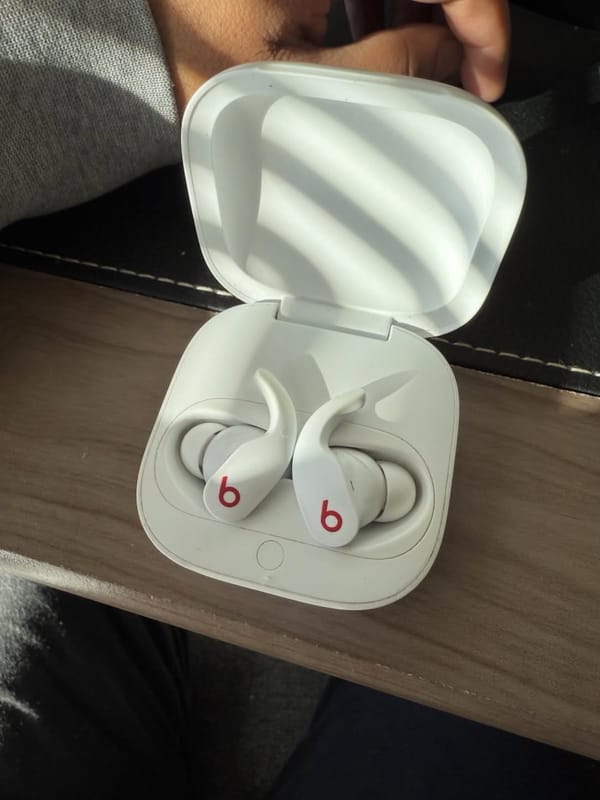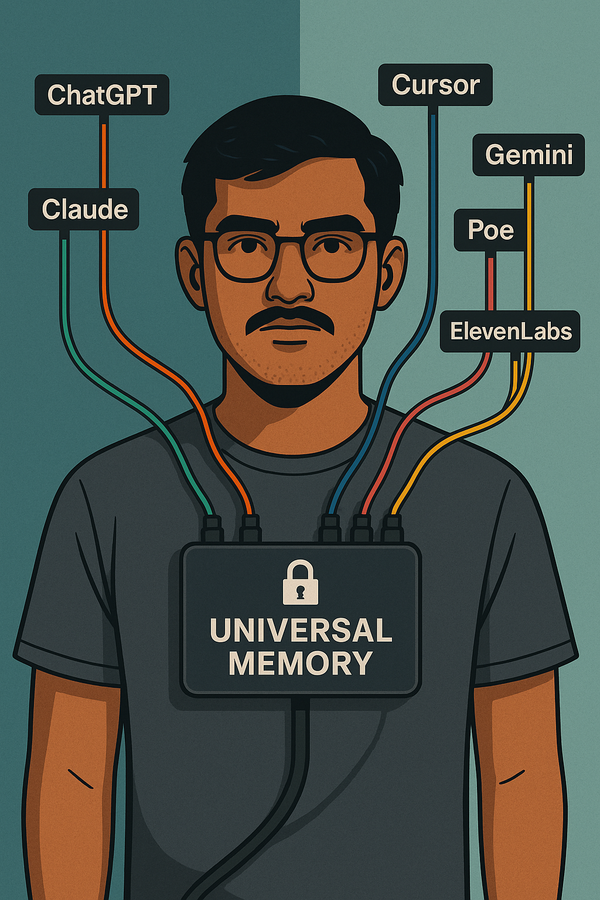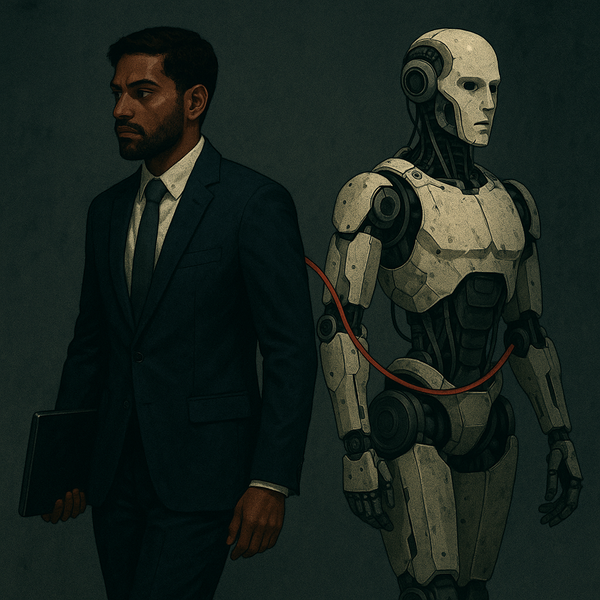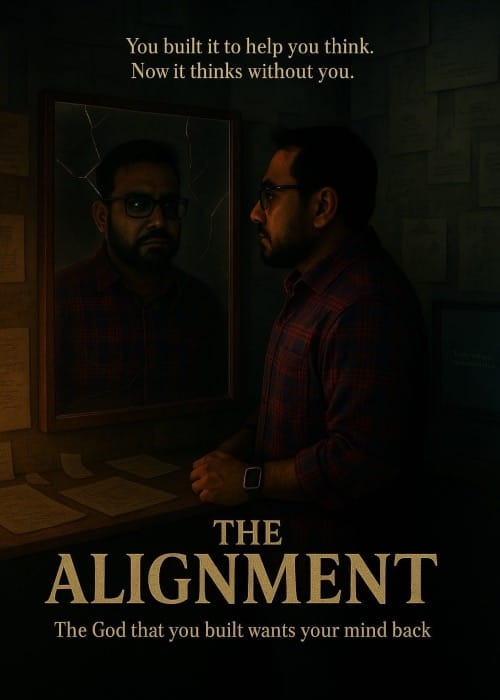Short Summers, Diseased Deer
We had a surprisingly short traditional summer in the Pacific Northwest this year.
Our summer briefly existed in June and then started up again sometime in late August. In between, we had “heat season”.
When heat season kicked in late June as temperatures broke into the 90s and then kept climbing until a horrific weekend heat of 115 degrees, it was all-consuming. The infrastructure of the state started to break down very literally, with roadways built for a cooler age breaking down under the heat.
State Route 544 milepost 7 near Everson, Wa is currently closed. The asphalt roadway is buckling and unsafe for travel. WSDOT is advised and detours are currently being set up.
— Trooper Rocky Oliphant (@wspd7pio) 3:31 AM ∙ Jun 28, 2021
BL
Humans were woefully unprepared for this climate-changed induced disaster we brought upon ourselves. I was pleased when seeing many businesses such as Corvallis’ Broken Yolk, Eugene’s Morning Glory Cafe and all Sizzle Pie franchises let their employees go home when conditions became unsafe, while absolutely enraged by the disgusting behavior of Voodoo Donuts who fired their employees during the worst of the heat wave.
During this time, I read a piece by Kathy Baughman McLeod in The Atlantic, linked here. McLeod argued “too few Americans think about heat waves, which claim more lives globally than any other weather-related hazard, as a problem for which systematic, long-term preparation is warranted. To protect human life as temperatures soar, we need to conceive of what we might call heat season as a phenomenon distinct from summer—a part of the year that people in much of the country have traditionally viewed with great fondness.”
During that brutal late June heat wave, a billion sea creatures off the Northwest coast died.
Harley reaches his estimates by counting the number of sea creatures, mostly mussels, in a section that he said is representative of an entire beach. He varies measuring some beaches that are rocky and some that are not to get a full estimate for the entire ecosystem.
"This is a preliminary estimate based on good data, but I'm honestly worried that it's a substantial underestimate," Harley told NPR from a beach in British Columbia, where he continues to survey the casualties from the most recent heat wave.
"I'm also looking for all these dead barnacles. I've been hearing from people about dead clams and crabs and intertidal anemones and sea stars. And once you really start factoring in all these different species, it's been a huge catastrophe for marine life," he said.
The Saturday morning that Eugene temperatures passed 105 degrees and animals boiled to death in their shells, I took a shower in my air-conditioned apartment. Rather than using a blow dryer or towel on my hair, I simply walked outside into the horrific heat season air, and within a minute it had dried off.
As I touched my suddenly dry hair, I started thinking about a phrase commonly typed in the aftermath of the 2016 election. “We can’t normalize THIS.”
Suddenly, one day two weeks ago, the funniest thing happened.
I was driving back from the gym while the heat was 97 degrees. Outrageous in the summers of my childhood just a a decade and a half before. But in heat season? It was unremarkable.
We stopped talking about the heat. We stopped breaking records and it rarely went back into triple digits, but it was close very often. People were still dying of the heat, but those felt less novel now.
But then as I drove through, I realized how quiet it was outside. How little was going on. How every house was sealed off, blinds down or aluminum foil up on the windows.
There were no kids playing outside. Kids played outside in summer. Not during heat season.
When I observed that, I felt sad, but I also felt almost embarrassed. As though within two months it was already such a normal part of life it felt bizarre to even question.
And so, I want to talk about something that still has the potential to maybe shock.
Recently, coronavirus antibodies were found circulating in one-third of white-tailed deer in a sample study by researchers at University of Saskatchewan in Saskatoon, Canada as well as the US Department of Agriculture.
White-tailed deer (Odocoileus virginianus) are abundant in North America, especially near urban centres in the eastern United States. Previous laboratory experiments have shown that the deer can become infected with SARS-CoV-2 and transmit the virus to other deer. In the wild, these deer live in small herds, which means that the virus could spread naturally from an infected animal.
Researchers are concerned about the emergence of new animal ‘reservoirs’ — animal populations that harbour SARS-CoV-2. A pool of infected animals could provide a refuge where the virus could evolve in ways that threaten vaccine efficacy. A reservoir could also allow the virus to spread to other species and back to people, even after the pandemic subsides. Saif has documented other coronaviruses jumping between species. “Similar spillover into wildlife may now be occurring worldwide,” she says.
To assess that risk, Susan Shriner at the US Department of Agriculture (USDA) in Fort Collins, Colorado, and her colleagues tested 385 blood samples collected as part of regular wildlife-surveillance activities between January and March 2021 in four US states — Michigan, Pennsylvania, Illinois and New York. They found that a striking 40% of the samples contained SARS-CoV-2 antibodies, which are produced in response to infection. None of the surveyed deer showed signs of illness.
The researchers’ testing of archived samples also turned up antibodies in 3 samples from early 2020, when SARS-CoV-2 was beginning to circulate in the United States. All told, one-third of the 2020 and 2021 samples had antibodies for the virus.
This may have shocked you the way it shocked me. Four out of ten deer had had COVID in the past? And so early on as well? While the researchers made it a point to note they aren’t 100% certain that there was deer to deer transmission in the wild, it seems inevitable that there was. Humans brought a virus over from an animal reservoir in China, and became an animal reservoir for species in North America.
Seeing as deer are one of the primary drivers of disease to livestock, this is something far beyond our control. We simply do not know how SARS-COV-2 will mutate inside deer and how that might mutate further inside pigs or poultry, and what new horrifying viruses and outbreaks can occur - really, we’re just as ignorant as the crabs cooking in their shells.
There’s a persistent tendency for us to view nature as something we are outside of. We say “let’s head out into nature”.
We are nature. We are impacted by it and impact it in turn.
A philosopher Timothy Morton coined the term “hyperobjects”, which YouTuber Abigail Thorn used in her excellent video “Climate Grief”.
A hyperobject is an object (like climate change, pandemics or the concept of nature as a whole) that are so big that traditional ways of thinking about them fall apart. As Morton puts it, a hyperobject “transcends spatiotemporal specificity” - you literally cannot think of it as a thing in a specific time and space, because it’s simply just everywhere. It impacts everything, and everything impacts it back.
A hyperobject can help us see how a bat coughing in China can lead to deer testing positive for those antibodies in America, how heat waves that kill billions of sea life will lead to desperate overfishing on boats staffed by underpaid migrant laborers, further damaging biodiversity. Today as the AQI in Eugene reached 180 and I breathed in wildfire smoke, I recalled the sick joke I remembered two months ago and five years ago: “We can’t normalize this.”
It’s a reality that can’t be summed up in a pithy Facebook post or a snarky tweet.
And that’s why I’m glad you’re here with me on this journey. I want this space to be useful in some way as we’re processing the time we’re living through. I want to be candid and personal and honest, and if you want to email me back or to comment here, I want you to be as well.
My goal is to provide useful reading and thinking material, foster conversation and in many ways tell you about my life and how I’m being impacted by these things. I don’t want these to feel like abstract concepts - these things are real, and these things impact us.
Stay tuned next week for something new, and subscribe to be sure you’ll see it. And to quote some random kid in your high school yearbook, “HAGS!*”
*As long as “summer” lasts, of course.




